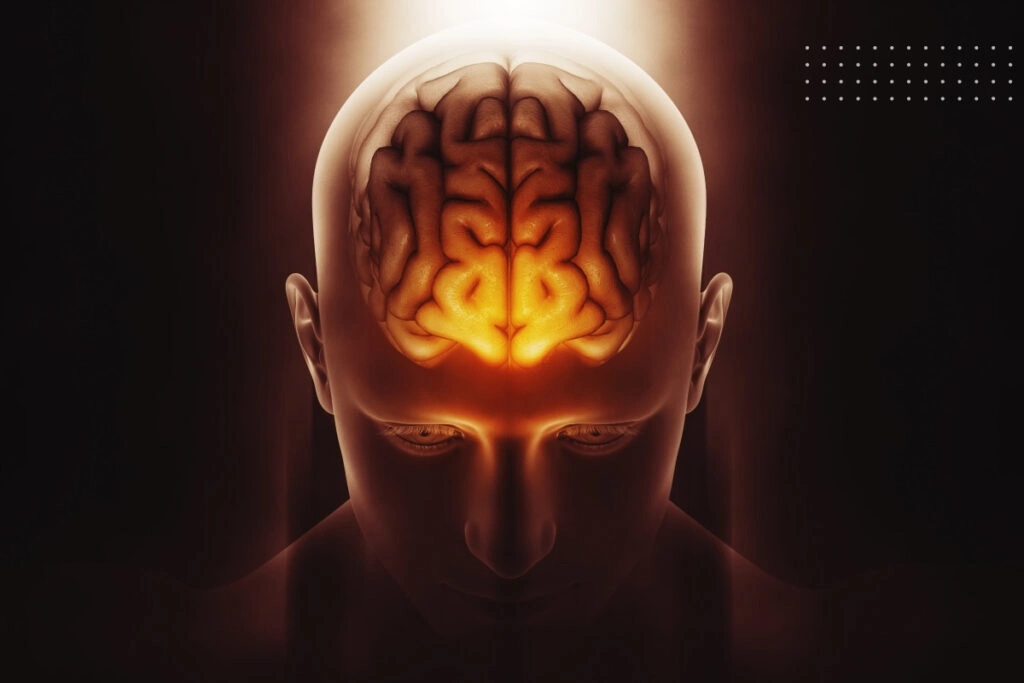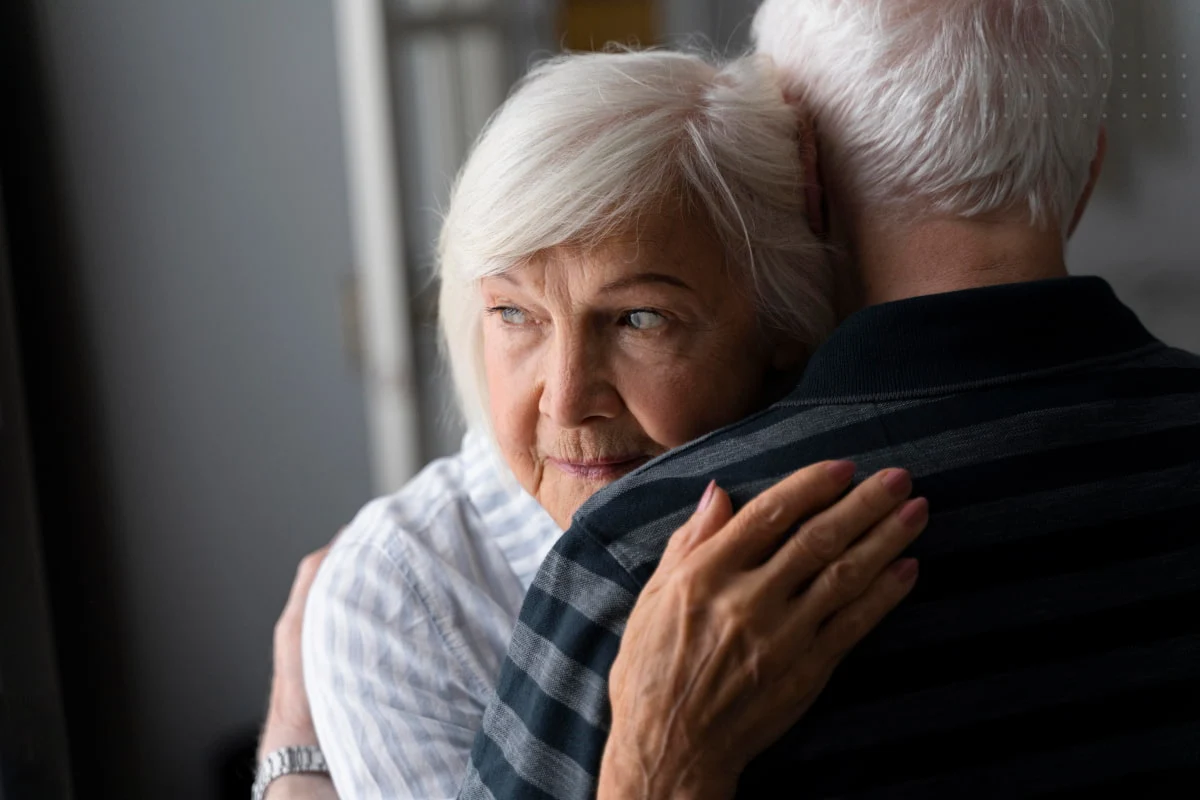

View Topics

Alzheimer’s illness is a progressive neurological condition. Because of it, a person loses his ability to work. The sickness primarily affects memory, cognitive abilities, and the ability to perform daily tasks. It is considered the most common cause of dementia among the elderly. This disorder is often associated with memory impairment, but it manifests itself…

When it comes to a disease like Alzheimer’s, there is no one-size-fits-all diet cure for treatment. And what works for one person may not work for another. However, some general dietary guidelines can help reduce the disease’s risk. Remember, changing your diet is only one part of an overall plan to reduce your risk of…

Neurology is one of the most mysterious branches of medicine. However, doctors can solve the most challenging diseases with modern medical methods and the latest technologies. One of these disorders is Alzheimer’s disease which can change our brain. This disease can happen to each of us. After all, it appears regardless of age, gender and…

If a loved one has been diagnosed with dementia, knowing how best to care for them can be challenging. One common problem is making sure there is enough nutritious food. If you are caring for a loved one with dementia, you may have noticed that their eating habits have changed. They may no longer be…

Anility is a progressive decline in cognitive function affecting memory. It reasons that daily life poses a significant health challenge globally. Identifying risk factors is essential to knowing the complex interaction of elements. They contribute to its occurrence. Dotage is not solely an inevitable consequence of aging. Instead, it arises from many factors that intersect…

Alzheimer’s is a very dangerous disease, which consists of the fact that the patient’s brain is damaged, and because of this, the patient loses some cognitive abilities. Over time, patients cannot take care of themselves, respond to others, and maintain social ties. However, there are reasons for this in the form of changes occurring in…

Caring for Alzheimer’s patients requires an empathetic and nuanced approach. It should extend beyond routine caregiving. The prevalence of this disorder continues to rise. So, comprehending and implementing practical techniques become imperative for both healthcare professionals and family members alike. With this guide, we aim to improve the quality of care. This multifaceted endeavor requires…

Many people mistakenly confuse dementia and Alzheimer’s, thinking they are the same thing but are not. Among the main differences between these conditions, experts note that, unlike dementia, in Alzheimer’s disease, symptoms begin slowly and develop gradually, memory loss is the main consequence of this disease, and the life expectancy of a patient with this…

An active lifestyle is necessary for any person, even patients with Alzheimer’s disease. To improve their well-being, Alzheimer’s patients can engage in the following types of physical activity: Walking; Yoga chair; Cycling; Weight training; Swimming; Dancing. Gardening. Why do people with Alzheimer’s disease have to be engaged in physical exercise? As with many other diseases,…

There are no treatments that can fight dementia at the moment. Nevertheless, you may avoid or delay the condition by eating a healthy, nutritious diet, training frequently, staying under suggested alcohol restrictions, quitting smoking, and, most importantly, playing specified smartphone games. Lone Star Neurology is here to discuss the 10 best apps for people with…